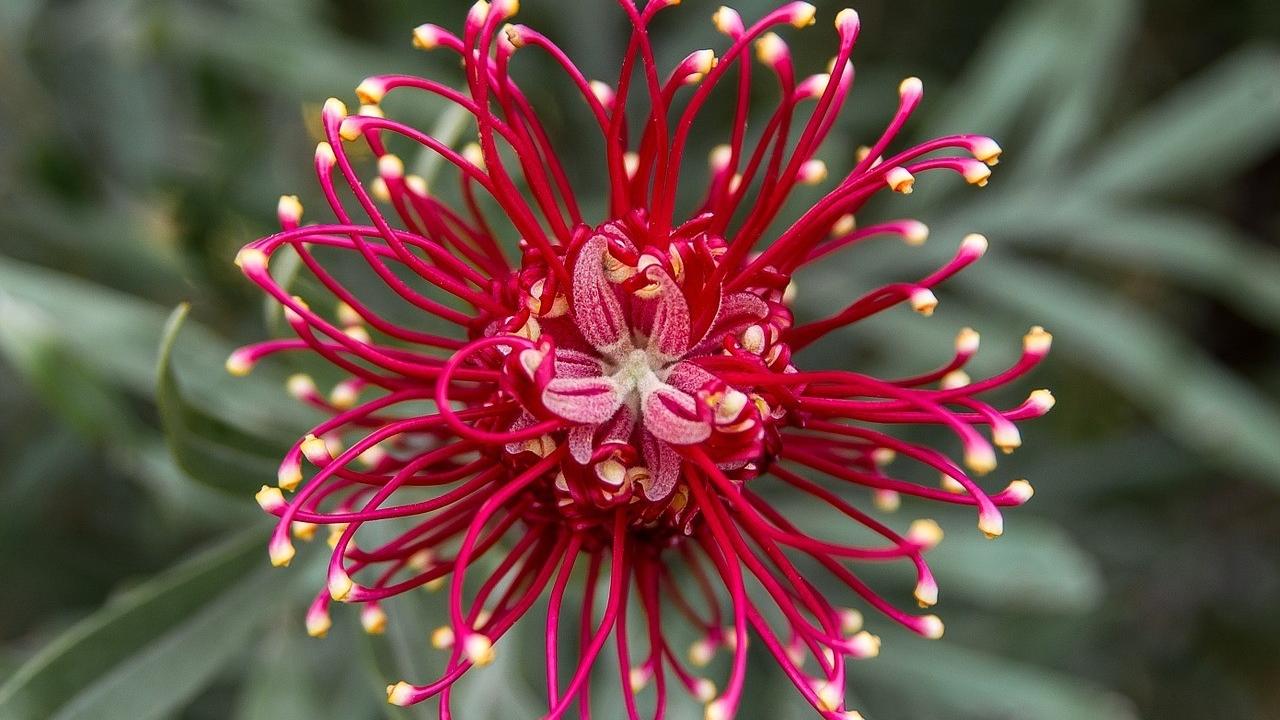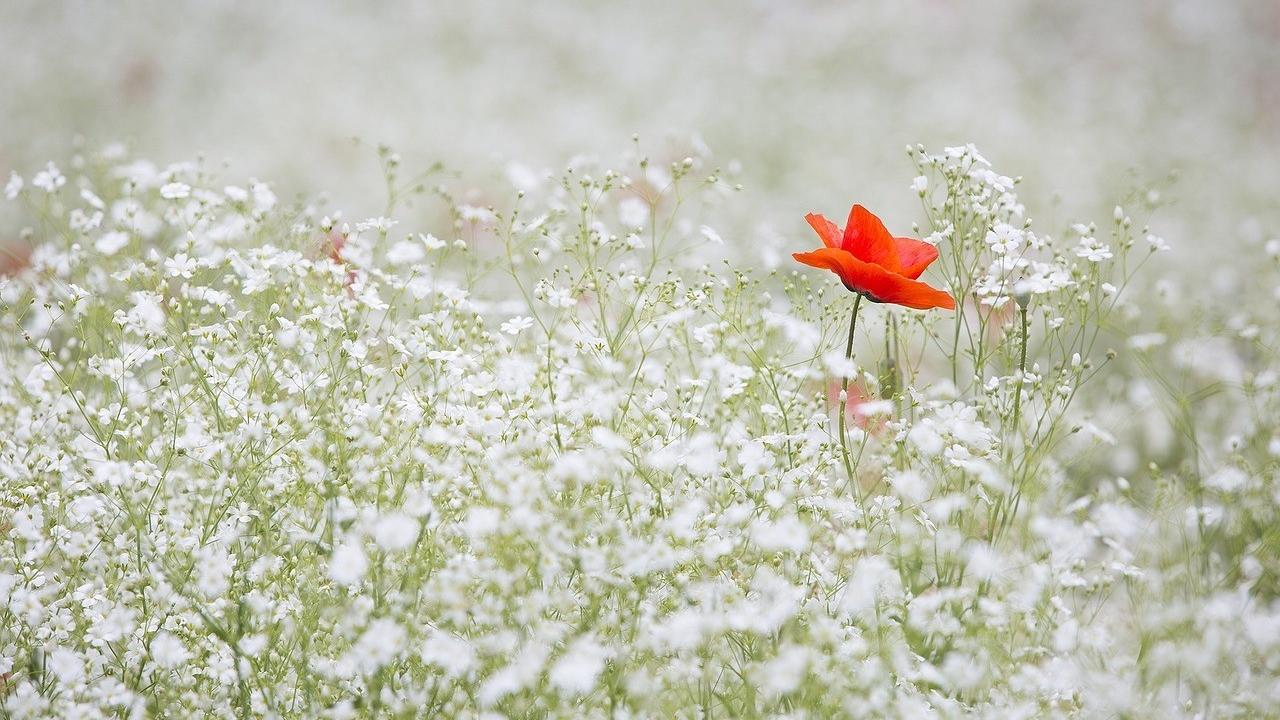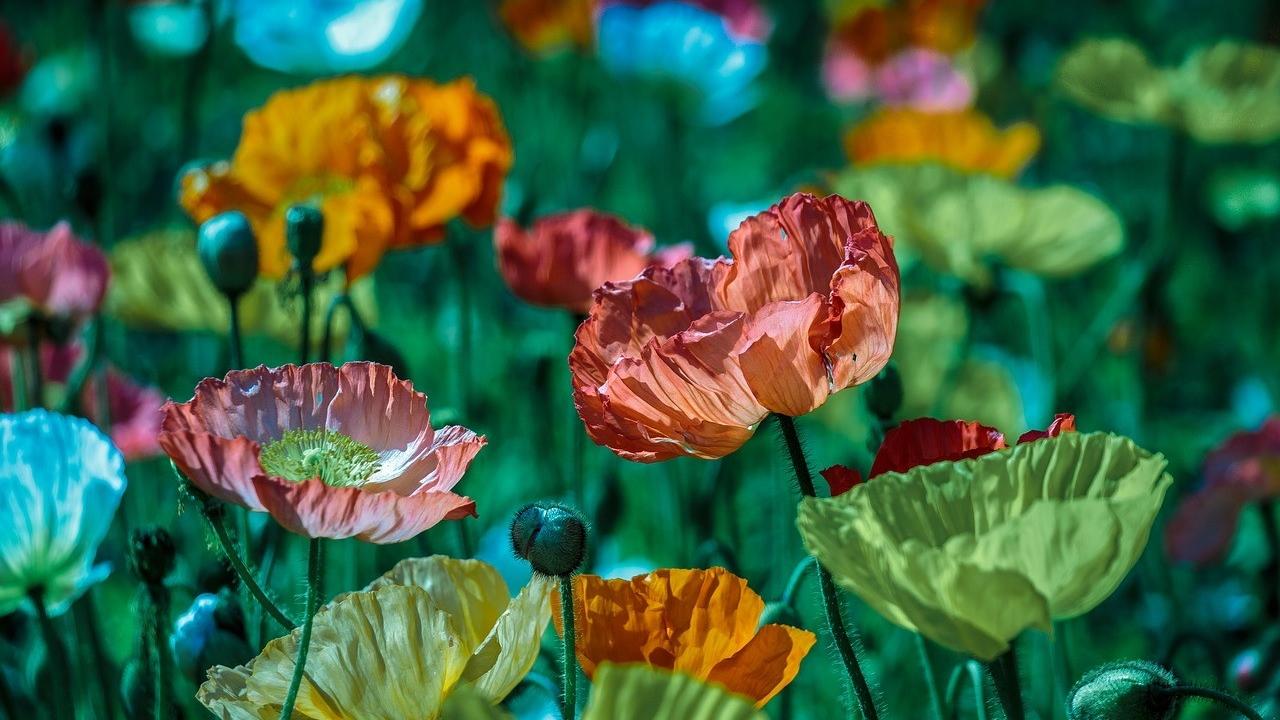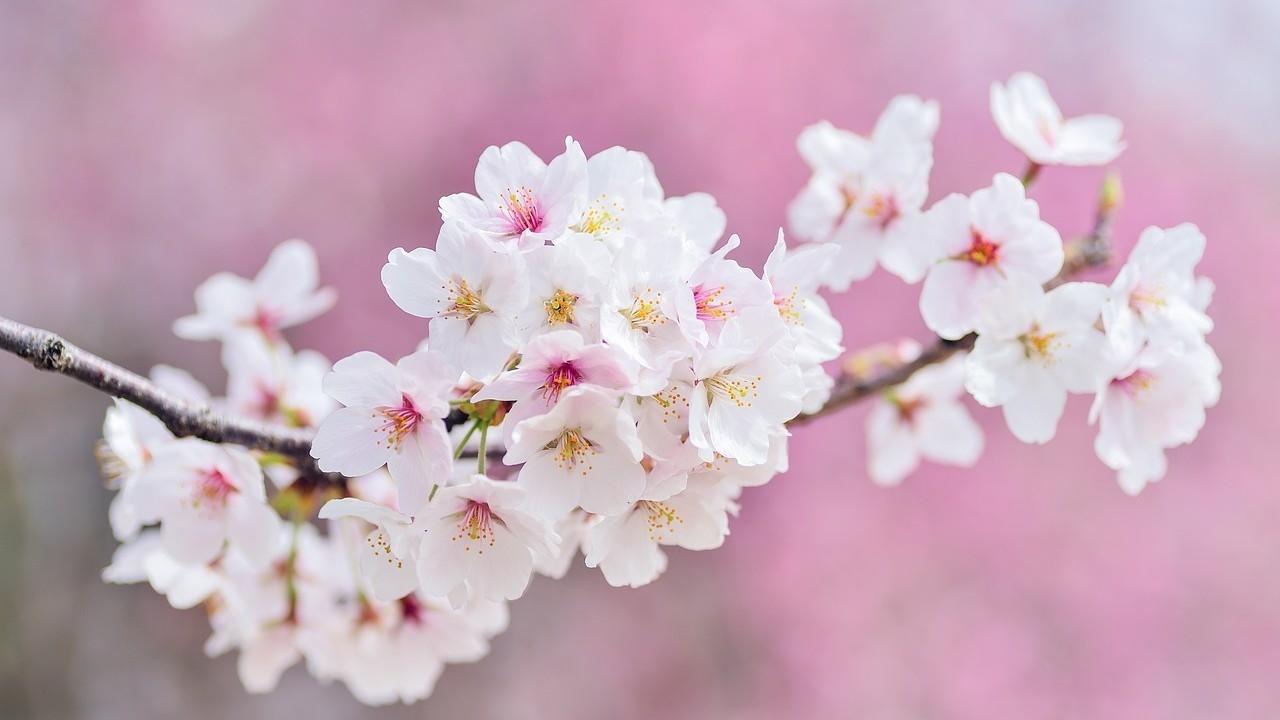Blog
Flipping the switch on stress (DW#680)

Let us talk some more about how our breathing is related to our stress levels.
As you may know, our nervous systems have two parts: the parasympathetic nervous system(PNS) and thesympathetic nervous system(SNS). The parasympathetic system takes care of the "rest and digest" side of things while the sympathetic system takes care of "fight or flight" stuff. In short, we have the relaxation response and the stress response.
We obviously need both and each have an important role to play in our functioning and wellbeing.
Here is the problem though: modern life has thrown us into a near-constant state of arousal and hypervigilance and for most of us, our sympathetic nervous system works overtime, leading to all stress, dysfunction and burnout. In other words, our PNS and SNS become unbalanced, one working overtime and other lying dormant.
How can we learn to balance these two for optimal wellbeing?
The fastest and simplest way is to become intentional about breathing.
Try this now:
Ta...
Exhale for longer (DW#679)

We have all heard the term: take a deep breath when you are stressed. And so, we do. And wonder why it does not work to calm us down.
It is because we only focus on the inbreath and do not pay attention to the outbreath.
If we are not exhaling properly, not only can we not calm down, we are also not detoxifying fully. Did you know that breathing is responsible for 70% of our body’s detoxification? Compared to this, elimination and sweat only take care of only 30%!
And when we do not detoxify properly, we are not fueling our cells properly. This pattern results in compromised wellbeing on many different levels.
So, go ahead: squeeze your diaphragm. Make sure to get all the air out before your next inbreath. Focus on the exhale and the inhale will almost take care of itself.
Breathe deeply (DW#678)

The second rule of optimal breathing is to breathe deeply.
When we are stressed, our breath becomes very shallow, reaching only until our chest. When we breathe like this, it is a signal to the body to be on high alert.
Breathing like this fuels the flight or fight mechanism of our nervous system. We body gets more tense and we cannot relax. If we are in a situation of danger this mechanism really helps us by driving the oxygen and energy where it is needed, to our arms and legs: to fight the situation or to run away from danger. It does this by turning the energy away from organs that do not need it in the present situation . . .our brains, the digestive system, the lymphatic system that repairs the body.
Breathings shallow is less than useful (and destructive) when there is no danger or only imagined danger.
This is why it is important to practice breathing deeply.
So, go ahead and use your diaphragm – an important and much underutilized muscle in our body.
Fill up the lower pa...
Breathe Through Your Nose (all the time!) (DW#677)

The first rule of optimal breathing is to breathe through your nose. All the time. Yes, even when working out and sleeping!
Here’s why:
1) Our nose filters, humidifies and conditions the air we breathe in ways that our mouth simply is not designed to do.
2) Our ancestors did not breathe through their mouth except when they were in danger or under the most extreme instances of physical exertion. For example, when they were being chased by tigers or being hunted for food!
3) We tend to "overbreathe" when we breathe through our mouth. That is, we take fast, short and shallow breaths. This rhythm disrupts the oxygen to carbon dioxide ratios in our body. Surprisingly, it is carbon dioxide that actually gets the oxygen out of our red blood cells and into our tissues and organs. When we breathe through our nose, we balance the oxygen and carbon dioxide ratios in our body, and the oxygen can get to where it is needed.
Attending to the basics (DW#675)

If you are a perfectionist, you have already started researching the "best" and most "perfect" self-care routines. You may have downloaded some apps and trackers and telling yourself that once you have done enough research and have a handle on best practices, you will start your routine. (Please do not ask me how I know this . .)
If this describes you, please STOP right now.
Instead of making self-care an elaborate and unattainable practice that takes up three hours of your time, keep it super simple. Start with your most basic needs for now.
What is the most basic self-care routine that can have a major impact on our wellbeing?
Breathing.
Yes, yes, of course we are already doing it but in order to make it part of self-care, we need to be a little bit intentional about breathing.
Over the next couple of days, just notice how you are breathing. Is it shallow or deep? What happens to your breath when you are stressed or anxious?
Gratitude Journal Prompts part 5 (DW#651)

41. What is your favorite season and what do you like about it?
42. Describe your oldest friend. What do you like most about this person?
43. What is your favorite charity and why do you support it?
44. Write about a challenging person in your life (i.e. someone you frequently disagree with) and the qualities you like about this person.
45. What book are you most grateful for having read? How has it impacted your life?
46. What is something that comes easily to you, but is challenging for others?
47. What freedoms are you most grateful for?
48. What are 3 things that you are grateful for having learnt? Who taught them to you?
49. Who is the people you are most grateful to have in your life right now, apart from family?
50. Who are three historical figures that you are grateful you know about?
[Some of these prompts have been curated and adapted from 120 Gratitude Journal Prompts https://www.developgoodhabits.com/gratitude-journal-prompts/]
Gratitude Journal Prompts part 4 (DW#650)

31. Who can you count on whenever you need someone to talk to and why?
32. What was a task that wasn’t as difficult as you thought it would be when you got around to it?
33. Describe a funny YouTube video that you recently watched.
34. What is what one lesson you learn from rude people?
35. Who has forgiven you for a mistake you’ve made in the past?
36. What is your favorite quote or bit of wisdom that you like to frequently share with others?
37. Are you a morning person or a night owl? What do you love most about this part of the day?
38. What is the last thank you note you’ve received and why?
39. Who do you see regularly that makes you happy? What is it about them?
40. Which memory can always bring a smile on your face?
[Some of these prompts have been curated and adapted from 120 Gratitude Journal Prompts https://www.developgoodhabits.com/gratitude-journal-prompts/]
Gratitude Journal Prompts part 3 (DW#649)

21. What is your favorite T.V. show and why do you love it?
22. What is your favorite way to enjoy nature? (i.e. walking in the woods, sitting on the beach, or hiking in the mountains, etc.) What do you notice, see, hear and smell that makes it special?
23. What do you love most about your country?
24. What is your favorite food you love to indulge in?
25. Write about someone who makes your life better. How do they do that?
26. What is today’s weather and what is one positive thing you can say about it?
27. What body part or organ are you most grateful for today? (e.g., your eyes because you got to see something beautiful)
28. What are 10 items that you take for granted, which might not be available to people in other parts of the world (i.e. Clean water, electricity, etc.)
29. Write about a recent time when a stranger did something nice for you.
30. What is one aspect about your health that you are grateful for? What is one area of your health that is going well? How does tha...
Gratitude Journal Prompts part 2 (DW#648)

11. What is one something you’ve learned this week that you're thankful for?
12. Who made you smile in the past 24 hours and why?
13. What is biggest lesson you learned in childhood?
14. What is your favorite smell? Describe it.
15. What is your favorite sound? When did you last hear it?
16. Describe your favorite sight? How often do you get to see this?
17. What is your favorite taste? When did you last taste it? Who made it?
18. Name and write about someone you’ve never met, but who has helped your life in some way.
19. How is your life more positive today than it was a year ago?
20. What is the favourite part of the day? Why?
[Some of these prompts have been curated and adapted from 120 Gratitude Journal Prompts https://www.developgoodhabits.com/gratitude-journal-prompts/]
Gratitude Journal Prompts part 1 (DW#647)

Once we start a regular journal practice, it can sometimes be challenging to find things to write about regularly, especially if we want to keep it fresh and be engaged in the process.
So over the next few days, we will list several prompts to get the process going.
Here are the first 10 prompts to choose from. Pick one or more to get going:
1. Describe your happiest childhood memory.
2. Who is the one friend you can always rely on?
5. What is the biggest accomplishment in your personal life?
6. What is the biggest accomplishment in your professional life?
7. What are the hobbies and activities that bring you joy. What do you like about them?
8. Describe a family tradition that you are most grateful for.
9. Who is a teacher or mentor that has made an impact on your life and how did they help you?
10. What do you like the most about the city or town where you live?
[Some of these prompts have been curated and adapted from 120 Gratitude Journal Prompts https://www.developgoodh...
